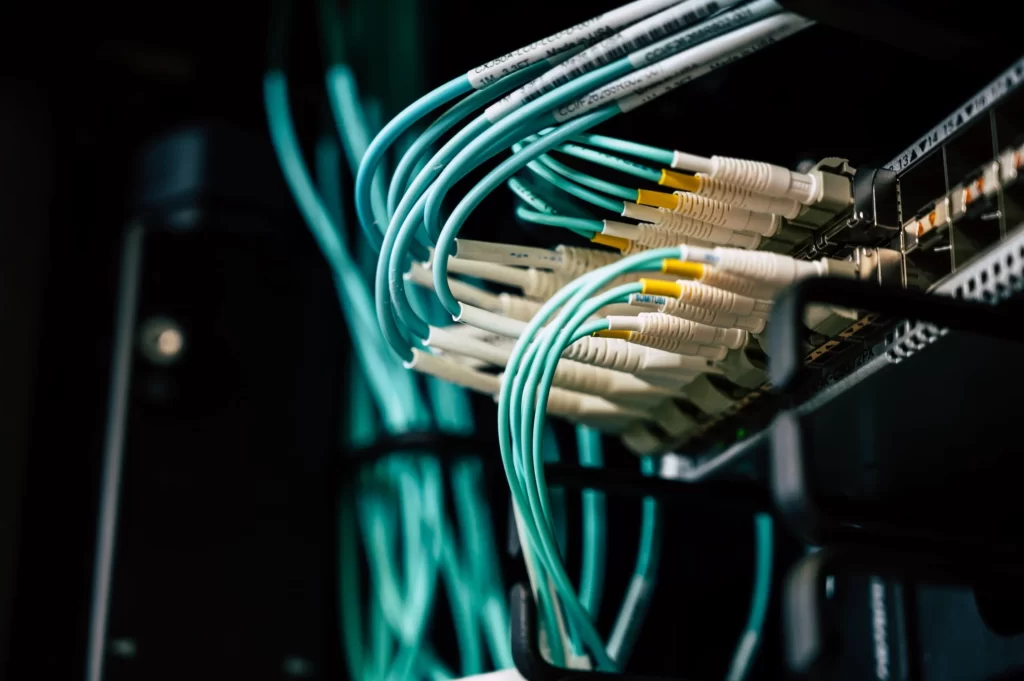
The Importance of Firewalls in Protecting Your Digital Assets
As a security professional understanding firewalls is the key skill you need to have. It is important to stay up to date with the latest technology and threats.
Think of a firewall as a bouncer at a club. Just like the bouncer controls who can enter the club, a firewall controls what traffic can enter a network or computer system.
A firewall is a security system that monitors and controls the incoming and outgoing network traffic based on predetermined security rules. It is designed to protect a network or computer system from external threats and unauthorized access. Firewalls can be hardware-based, software-based, or a combination of both. They are typically deployed at the perimeter of a network to protect against external threats, such as malware, viruses, and hacking attempts.
Firewalls use a set of rules, called a security policy, to determine which traffic should be allowed or blocked. These rules can be based on a variety of criteria, such as the source or destination of the traffic, the type of traffic, or the port number being used.
Firewalls can also provide additional security features, such as intrusion prevention, VPN support, and content filtering. These features can help protect against a wide range of threats, including malware, phishing attacks, and unauthorized access to internal resources.
In addition to protecting against external threats, firewalls can also be used to enforce internal security policies and prevent unauthorized access to internal resources.
Key Benefits
Firewalls can be hardware-based, software-based, or a combination of both. They are typically used to protect a network from external threats, such as malware, viruses, and hackers, as well as to prevent unauthorized access to internal network resources.
Some of the key benefits of using a firewall include:
Protection against external threats: A firewall can help protect a network from external threats, such as malware and hacking attempts, by blocking or limiting access to potentially harmful traffic.
Security for internal resources: A firewall can be configured to allow or deny access to specific resources on a network, helping to prevent unauthorized access to sensitive data or systems.
Improved network performance: A firewall can help improve network performance by blocking or limiting access to traffic that is not necessary or relevant to the network.
Enhanced privacy: A firewall can help protect user privacy by blocking or limiting access to personal information, such as IP addresses and browsing history.
Importance of correct Configuration
A firewall that is not configured properly is like a blunt sword because it would be useless. There are several key configurations that are important for a firewall to have in order to provide effective protection for a network or computer system:
Security Policies: A firewall should have a clear and comprehensive security policy that defines the rules for allowing or blocking incoming and outgoing traffic. The security policy should be based on the specific needs and requirements of the organization and should be reviewed and updated regularly.
Network Segmentation: A firewall should be configured to segment the network into different zones, with each zone having its own set of security rules. This can help to isolate sensitive areas of the network and reduce the risk of lateral movement by attackers.
Application Control: A firewall should be able to control access to specific applications or services, allowing or blocking traffic based on the rules defined in the security policy. This can help to prevent unauthorized access to sensitive data and systems.
Intrusion Prevention: A firewall should have intrusion prevention capabilities, which can help to detect and block potential threats, such as malware, before they can enter the network.
VPN Support: A firewall should be able to support virtual private network (VPN) connections, which can provide secure, encrypted connections for remote users.
Content Filtering: A firewall should be able to filter incoming and outgoing traffic based on the type of content, such as blocking access to certain websites or types of files.
By configuring these features appropriately, a firewall can provide effective protection for a network or computer system against a wide range of threats.
Latest Firewalls in Town?
There are many different industrial firewalls available in Europe, and the most suitable firewall for a particular organization will depend on its specific needs and requirements. Some of the most well-known industrial firewalls in Europe include:
Fortinet FortiGate: This is a range of firewall appliances that are designed for use in industrial environments. FortiGate firewalls offer advanced security features, including application control, intrusion prevention, and VPN support.
Check Point Power-1: This is a range of industrial firewalls that are designed for use in harsh environments. The Power-1 firewall offers a variety of security features, including VPN support, intrusion prevention, and content filtering.
Siemens SICAM: This is an industrial firewall that is designed for use in critical infrastructure applications, such as power plants and water treatment facilities. The SICAM firewall offers a range of security features, including intrusion prevention, VPN support, and application control.
Moxa EDR-G902: This is an industrial firewall that is designed for use in rugged environments. The EDR-G902 offers a range of security features, including VPN support, intrusion prevention, and content filtering.
Phoenix Contact FL M-SEC: This is an industrial firewall that is designed for use in demanding environments. The FL M-SEC offers a range of security features, including VPN support, intrusion prevention, and content filtering.
These are just a few examples of the many industrial firewalls available in Europe. It is important to carefully consider your organization’s specific needs and requirements when selecting an industrial firewall.